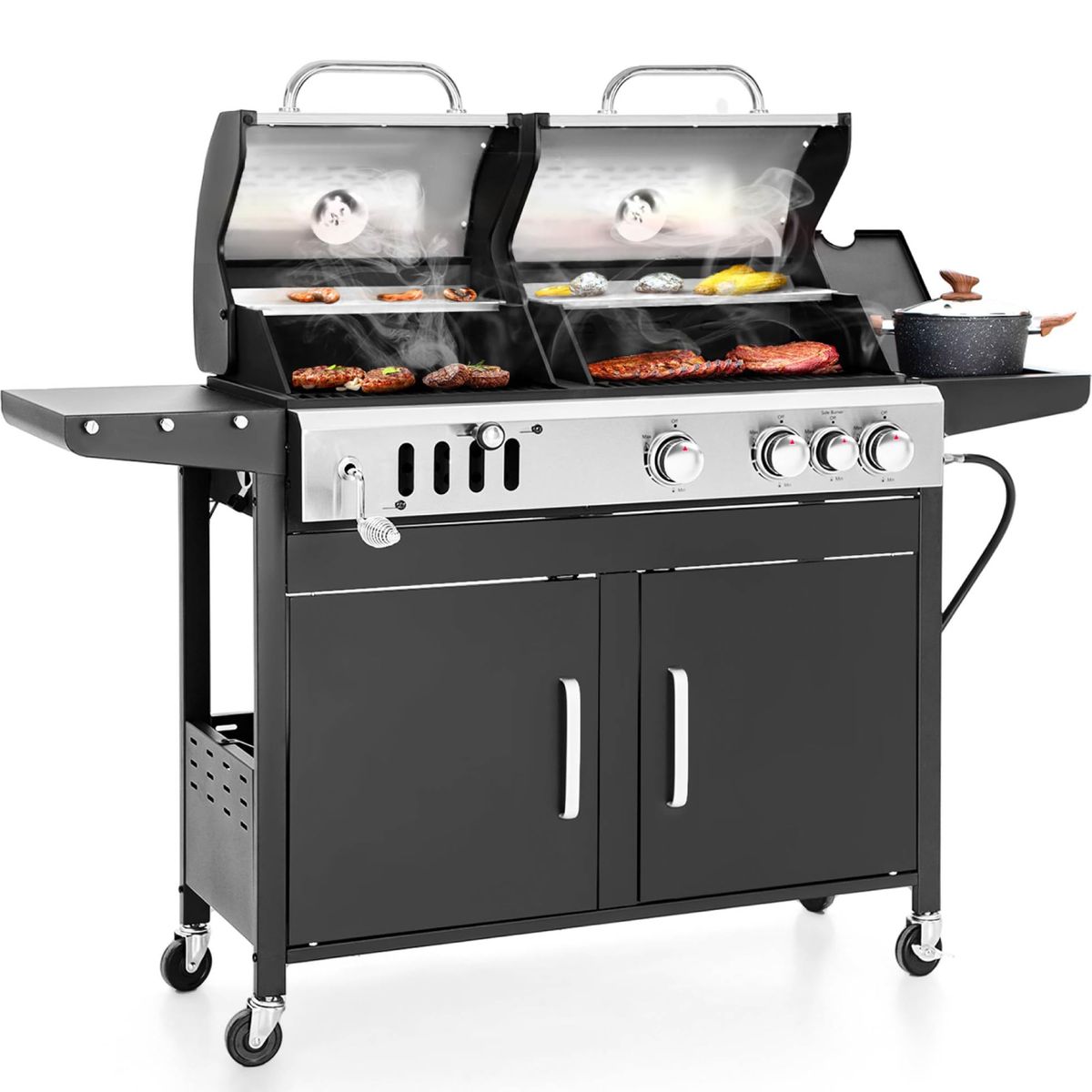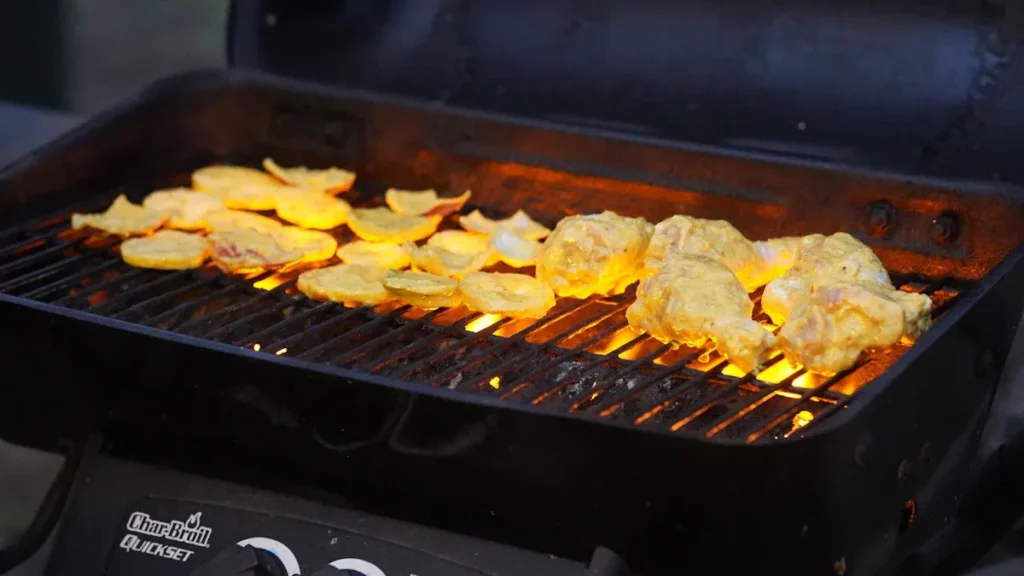
Grilling mistakes ruin food, waste money, and turn excitement into stress. Many backyard cooks feel lost when choosing between gas and charcoal grills.
Gas grills heat fast and are easy to control, while charcoal grills give smoky flavor and higher heat. The right choice depends on flavor, cost, convenience, and your grilling style.
Both gas and charcoal grills have strong points and weak points. Knowing them helps you make the right decision for your backyard meals.
Which grill gives the best flavor?
Grill flavor often decides loyalty. Many cooks swear only charcoal gives true smoky taste. Others enjoy the clean, natural food taste from gas grills.
Charcoal grills give richer smoky flavor, while gas grills keep food closer to its natural taste. Flavor depends on cooking time, food type, and your taste preference.
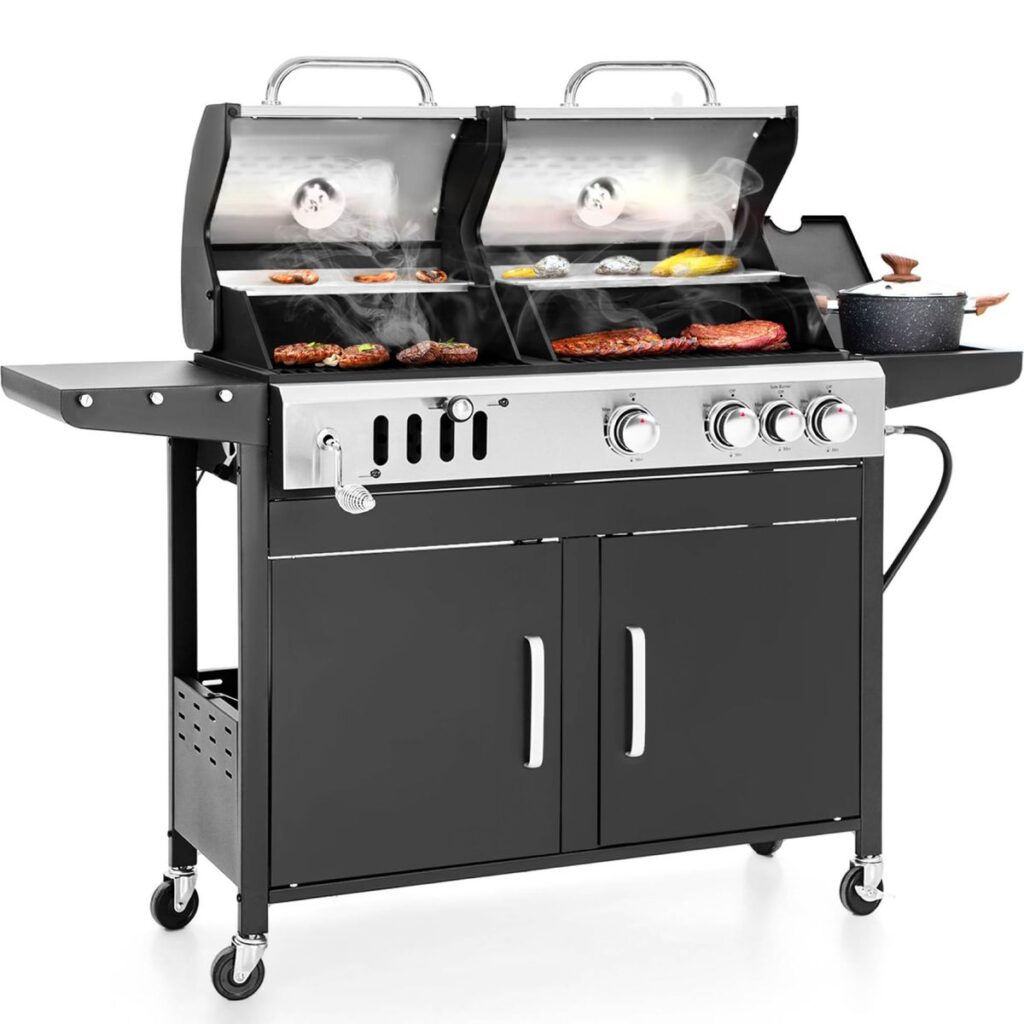
Dive deeper
Flavor is always the biggest debate. Charcoal grills create smoke when drippings hit hot coals. This smoke rises and infuses meat with a deep, strong taste. That is why barbecue lovers often prefer charcoal for ribs, brisket, or chicken wings. The flavor can be bold and rich, almost like adding an extra spice.
Gas grills, on the other hand, highlight the food itself. Since there is less smoke, the taste of fish, vegetables, or lean meats feels lighter and cleaner. Many people prefer gas when they want fresh grilled salmon or delicate vegetables without heavy smoke.
Charcoal also lets you add wood chunks for stronger flavors. You can mix hickory, apple, or mesquite wood with your coals. Gas grills usually need a smoker box to add that effect, and the flavor is milder.
In short, if you want smoky, bold barbecue, charcoal wins. If you want fresh, light taste with less fuss, gas works better. Both can be great, but each has its clear edge in flavor.
Are gas grills healthier than charcoal?
Health is a key factor for many families. Some fear smoke and chemicals from charcoal may add risks. Gas burns cleaner but still has its own issues.
Gas grills produce fewer toxins than charcoal grills, making them a cleaner option for health-conscious grillers. Charcoal smoke can add flavor but also some risk.
Dive deeper
Gas grills are often seen as the healthier choice. Propane and natural gas burn clean, which means less smoke and fewer harmful particles. Studies suggest meat cooked on gas may contain fewer carcinogens than meat grilled over charcoal.
Charcoal, while flavorful, creates smoke full of hydrocarbons when fat drips on coals. These compounds can stick to food. Long cooking at very high heat also creates more char, which some experts link with health risks.
Still, charcoal is not always dangerous. Many cooks control these risks by trimming excess fat, avoiding direct flare-ups, and not over-charring meat. Using natural lump charcoal instead of briquettes also reduces additives.
Gas provides more control, so you can keep meat from burning. It is easier to cook at medium heat without flare-ups. That is one reason many families prefer gas when cooking daily meals.
So, while charcoal delivers taste, gas usually wins on health and safety. The decision comes down to your comfort level and cooking style.
Which grill is cheaper to use?
Cost is often a deal breaker. Buyers think about both the upfront price and the long-term fuel expense.
Charcoal grills are cheaper to buy, but gas grills cost less to run over time. The real value depends on how often you cook and your budget.
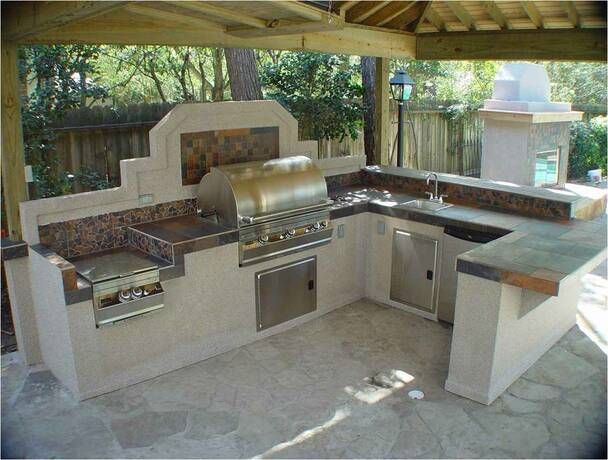
Dive deeper
Charcoal grills have a lower entry price. A basic kettle grill can be as little as \$60. Larger gas grills often start at \$300 or more. This makes charcoal attractive for casual users.
But fuel costs tell another story. A 20-pound propane tank can last for 20–25 cooking sessions. That is weeks of grilling. In contrast, a 20-pound bag of charcoal may last only three cooks. If you grill often, propane becomes much cheaper.
Here’s a quick table to compare:
| Factor | Charcoal Grill | Gas Grill |
|---|---|---|
| Entry price | \$60–\$250 | \$300–\$600 |
| Fuel cost | Higher per cook | Lower per cook |
| Lifespan | 5–7 years | 8–12 years |
| Total value | Better for rare use | Better for regular use |
So, charcoal works best for low-budget or occasional grilling. Gas saves money in the long run for frequent cooks. The decision is not just cost, but also value over time.
Do gas grills cook faster than charcoal?
Time matters on busy days. Many want to cook quickly without long setup.
Gas grills heat up in about 10 minutes, while charcoal takes 20–30 minutes. Gas grills cook faster overall, but charcoal can reach higher peak heat.
Dive deeper
Gas grills are simple. Turn the knob, ignite, and wait a few minutes. Within 10 minutes, you can start grilling burgers or chicken. For weeknight meals, this speed is a big advantage.
Charcoal takes patience. First, you light the coals. Then you wait until they turn gray and hot, which takes 20–30 minutes. Only then can you start cooking. But once hot, charcoal can reach very high temperatures, sometimes hotter than gas. That makes it better for searing steaks.
Cooking time also depends on control. Gas allows easy adjustment of heat. You can sear, then lower the flame for gentle cooking. Charcoal needs constant attention, adding more coals or moving food around to control temperature.
So, if speed and ease matter, gas wins. If you want deep sear and don’t mind waiting, charcoal works well.
Which grill is easier to clean?
Cleaning often decides how much you enjoy grilling. No one loves scrubbing after a meal.
Gas grills are easier to clean because they have grease trays, while charcoal grills require messy ash removal every time.
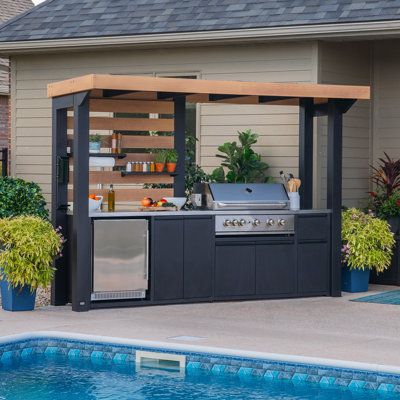
Dive deeper
Cleaning a gas grill usually means brushing the grates and emptying the grease tray. Most models have removable trays that collect drippings, which can be dumped out. This takes only a few minutes.
Charcoal is different. You must wait for coals to cool completely. Then you scoop out ash, which is messy and dusty. Ash also needs safe disposal, since hot embers can cause fires.
Another point is buildup. Gas grills can develop grease fires if not cleaned, but this is rare with regular care. Charcoal grills, however, get dirty faster since ash builds up every session.
In short, gas makes post-grill cleanup easy, while charcoal requires more work. This often affects which grill people stick with long-term.
FAQ
Is charcoal grilling better for flavor?
Yes, charcoal gives a stronger smoky flavor. Many cooks prefer it for ribs, brisket, and traditional barbecue meals.
Can gas grills taste like charcoal?
Gas grills can use smoker boxes or wood chips, but the flavor is lighter than real charcoal cooking.
Which grill lasts longer?
A quality gas grill can last 10 years or more with care. Charcoal grills usually last 5–7 years.
Is charcoal grilling bad for the environment?
Yes, charcoal produces about three times the carbon emissions of gas grills. Gas is cleaner for the planet.
Can you cook pizza on a gas or charcoal grill?
Yes, both can cook pizza. Gas is faster and easier, while charcoal gives a wood-fired style crust.
Are hybrid grills worth it?
Hybrid grills combine both fuel types. They are flexible but more expensive and harder to maintain.
Conclusion
Gas is faster and easier, charcoal gives smoky taste. The right choice depends on your flavor, budget, and lifestyle.

